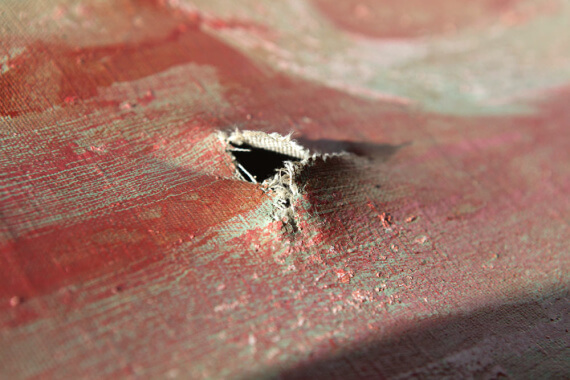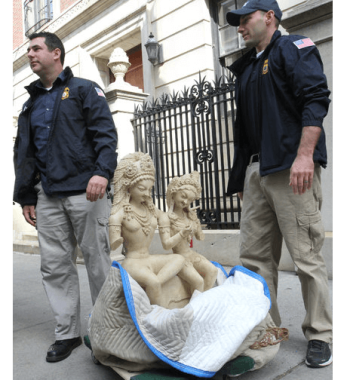Category Archives
Art Litigation
Improper Practices Part II
Yesterday’s note on practices in the art market brought forth a slew of comments and suggestions for publication. We have vetted and two of them and will convey them on to you here.
1) An invoice, not objected to within 30 days by the recipient is deemed to be accepted and becomes a contractual obligation to pay. Buyers, beware of contested invoices going uncontested for more than thirty days.
2) When shipping valuable items with one’s shipper, do not waive any claims of damage to the works while in the hands of the shipper unless you have obtained, in writing, permission for the waiver from your insurer. Failure to do so is cause for the insurance company to deny coverage on damage and, in fact, cancel the policy.
As the art business has grown, the laws, as mentioned here, have the attention of the authorities and enforcement is severe – a reason the community should consult with competent counsel as to its business practices.
We would appreciate your input to our series as we develop these memorandums for the community’s benefit.
Thank you,
ArtAssure Ltd.
info@artassure.com
Improper Practices
Sell Art at Auction with Complete Anonymity
According to a recent New York Times article the New York Court of Appeals has decided to review a recent ruling that could force the state’s auction industry to end its longstanding practice of keeping sellers’ names anonymous. For more information about how ArtAssure’s services can provide you total anonymity when selling privately or at auction, please call 212-288-8860, email info@artassure.com, or submit an inquiry through the contact form.
French Art Dealer Demands Ransom for Modigliani Provenance
To read the COMPLAINT filed against Sidney Tenoudji, please visit here.
To read the FIRST NOTICE for DISCOVERY and INSPECTION, please visit here.


